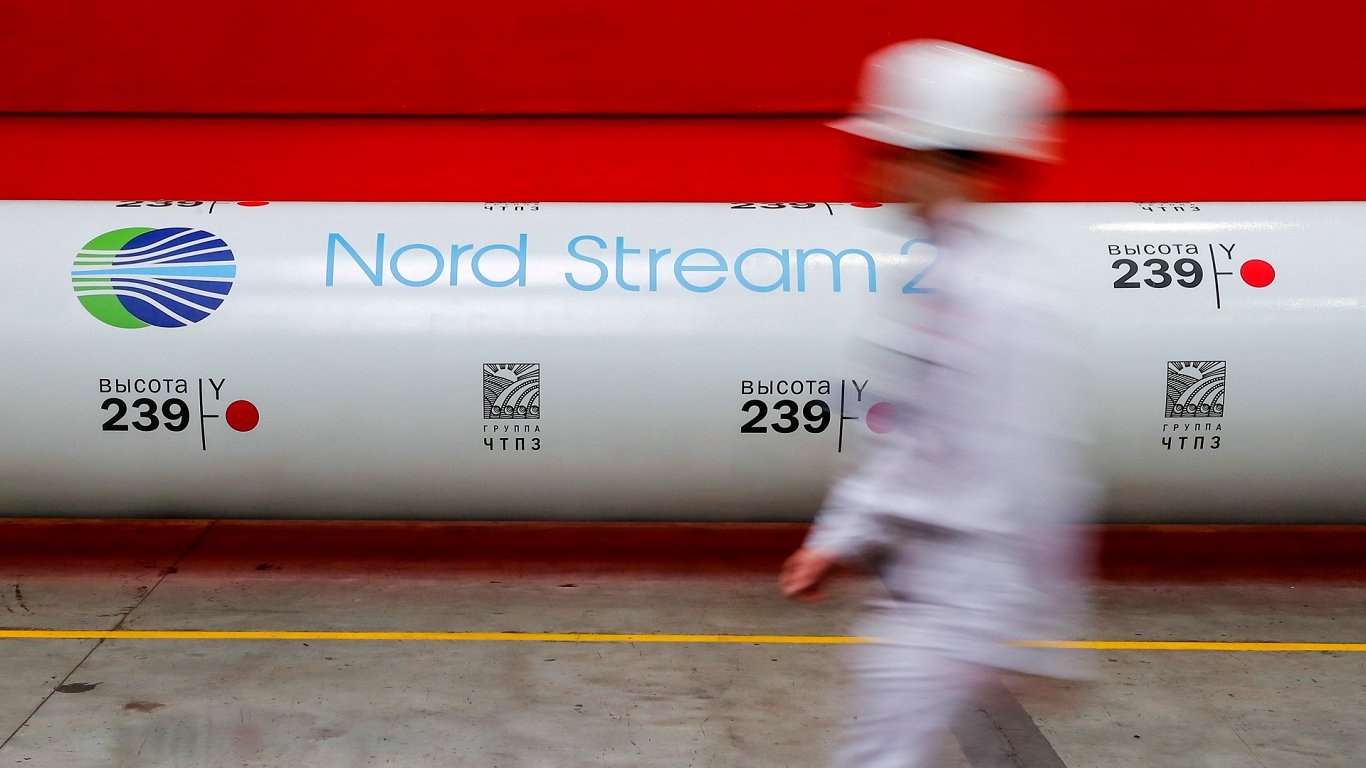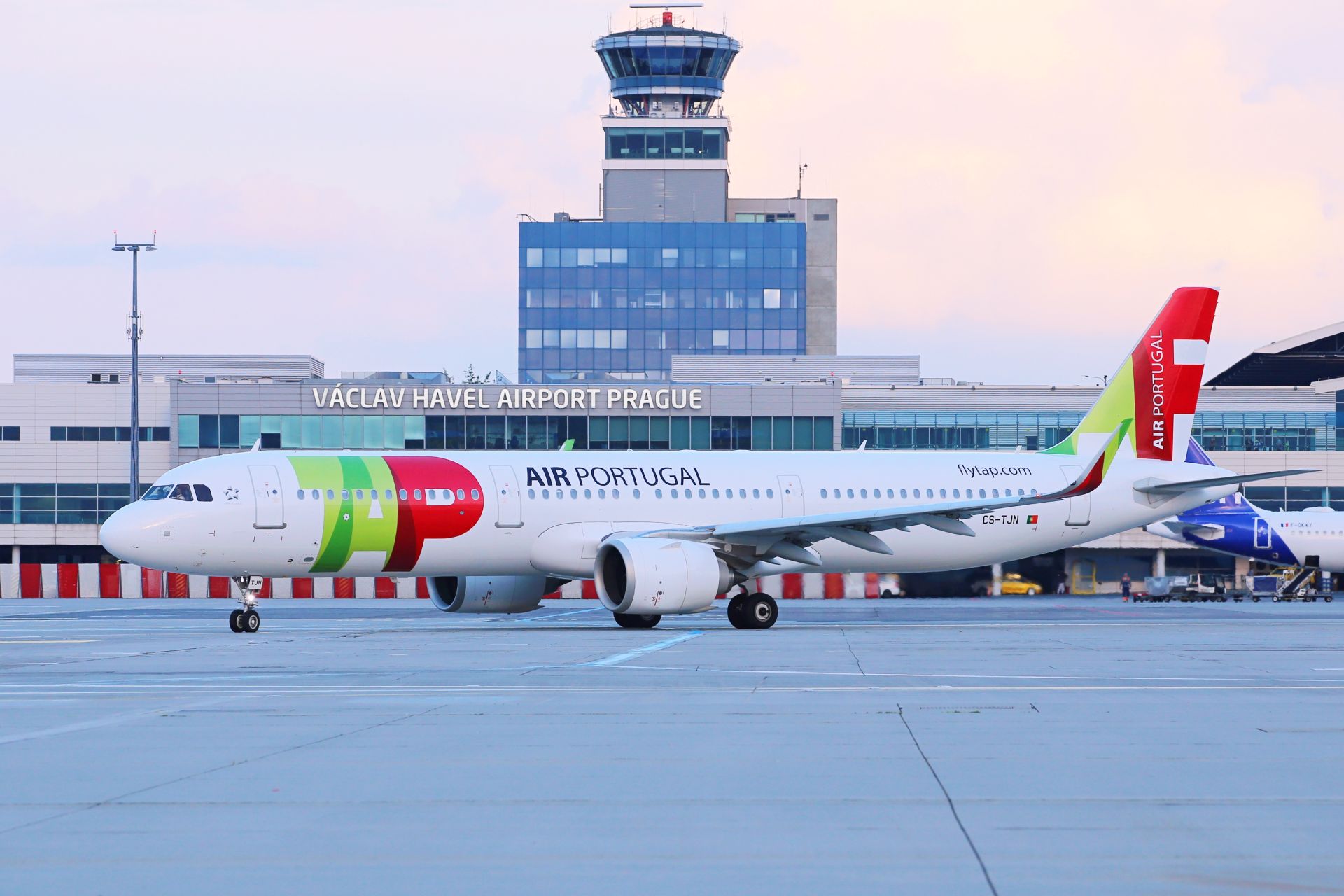The completion of the Nord Stream 2 gas pipeline has become the object of a dispute in which everyone loses. The German government is acting as if the pipeline is part of its vital national interests, while the United States (US) fears that it will make Europe too dependent on Russia. However, an objective analysis of gas supplies shows that both sides significantly exaggerate the importance of this project, the analyst of the Brussels think tank is convinced.
“Concerns that gas supplies to Europe may be affected by political pressure can be addressed by setting up European (additional) strategic gas reserves,” said the Center for European Policy Studies in Brussels. CEPS) Council member and honorary researcher Daniel Gross. He was previously an adviser to the International Monetary Fund, the European Commission, as well as the governments and central banks of several European countries, but is now an adviser to the European Parliament.
In the article ”Nord Stream 2 — a red herring at the bottom of the sea” (“Nord Stream 2 – Red Herring on the Seabed”; the title plays an English idiom in which red herring means a deceptive maneuver), published on the CEPS portal, Gross assesses the potential threats and benefits that Nord Stream 2 construction projects may pose to Europe. completion.
Simple facts, complicated politics
The author recalls the facts: Nord Stream 2 is the second pipeline from the Russian gas terminal to the coast off Greifswald in north-eastern Germany. 90% of the pipeline has already been built.
The construction is planned and financed by a “shop window company” registered in the Swiss canton of Zug. Its sole shareholder is energy giant Gazprom, which is controlled by the Russian state.
Thus, it is supposed to be a private sector project, but it is obviously controlled by the Russian government, the analyst points out. Following the completion of construction, an additional 55 billion cubic meters of gas per year will be supplied to the European Union (EU) market (total EU gas imports are 400 billion cubic meters per year).
What are Germany’s interests?
A distinction must be made between the interests of the German government, the interests of German gas consumers and the interests of the German companies involved in the project, the author points out.
Of the two German companies (among the five European companies that financed half of the total cost of the project), one has remained at the current stage of the project, Uniper.
Gas received through Nord Stream 2 will be subject to German regulatory requirements and European regulations on distribution, network access and cost regulation. As a result, this gas will enter an integrated European market, not a German market.
What money is in the project? The total amount already spent on the construction of 90% of the gas pipeline is around nine billion euros. Such an amount would be significant for any single company, but it is negligible compared to the size of the German or EU economy, which amounts to trillions of euros every year.
For consumers in Germany and Europe, gas supplied via Nord Stream 2 (if completed) will be slightly cheaper than if alternative supplies were used. There is also a slight advantage when looking at greenhouse gas emissions figures: the new pipeline has a much lower loss rate than transporting liquefied gas or pumping gas through an old pipeline through Ukraine.
As a result, Nord Stream 2 does not represent a significant German interest. However, statements by high-ranking politicians have given the impression that the German government fully supports the project. This apparent contradiction weakens the country’s international authority. It would be much better if Berlin took a really neutral position, ”says Gross.
Is Nord Stream 2 a threat to Europe’s energy security?
Russia’s status as Europe’s largest gas supplier is well known. Russia already supplies more than a third of Europe’s needs and this share is likely to increase.
However, the growth of the liquefied gas market diminishes the importance of pipelines. This market has doubled in the last decade with the emergence of the global liquefied gas market, in which the United States participates by exporting its liquefied gas to Europe. Expenditure on liquefied gas transportation is higher than on oil transportation, but market liquidity in response to short-term changes in demand remains limited. However, the direction is clear – liquefied natural gas is a growing alternative to gas supplied to Europe via pipelines, Gross writes. He also points out that Russia is already exporting part of its gas as liquefied natural gas, including to Europe. In 2019, Europe imported more liquefied gas from Russia than the United States.
The existence of a global gas market means that there will be little change overall if Nord Stream 2 is not completed. Gas that will not be delivered directly to Germany can pass through Ukraine, but will also be able to be exported from Russia by liquefied gas tankers. At slightly higher costs, Russian liquefied gas exports may also drive other gas (possibly from the US or Qatar) out of Asian markets. In that case, Europe will import more liquefied gas from these two suppliers, ”writes Gross.
Thus, according to the expert, if Nord Stream 2 is not completed, more liquefied gas will be imported into Europe, but a large part of it will come from Russia.
From an economic point of view, the main problem is the difference in transportation costs: how much cheaper is it to transport Russian gas from the Yamal by pipeline than by tankers as liquefied gas? Such cost savings are important for an individual company (specifically Gazprom), but they play a secondary role in the macroeconomic picture. For Nord Stream 2, Gazprom could save between € 1.25 billion and € 2.5 billion a year, provided the pipeline is fully congested.
Gross also believes that the focus on gas pipelines seems exaggerated, given that Russia is also Europe’s largest supplier of crude oil, with most of it coming through pipelines. However, oil pipelines, including the Druzhba pipeline, built during the Soviet era, have never attracted much public attention.
Is Nord Stream 2 detrimental to Ukraine’s national interests?
The fact that a significant part of Russia’s gas exports passes through Ukraine did not prevent Moscow from annexing Crimea and creating a “frozen” conflict in Donbass. Thus, it is not clear why further reductions in gas transit should have a negative impact on Ukraine’s national security. Despite the hostility between the two countries, they have managed to reach an agreement that Gazprom will pay between 1.5 and five billion dollars a year in transit fees by 2024, “the expert said.
Many observers in the United States and Europe believe that transit fees are beneficial for Ukraine. Gross writes that, in fact, this money has fallen into the pockets of oligarchs who have pumped profits through shell companies. Some recent reforms, which began before the election of Volodymyr Zelensky as President of Ukraine, have improved the situation, according to the Organization for Economic Co-operation and Development. report.
However, transit duties remain a potential source of corruption that still exists in the Ukrainian energy sector. Ukraine remains at the forefront of good governance and the fight against corruption.
In addition, these charges create a typical ‘Dutch diseases“The effect of hindering the development of a local export-oriented industry, which alone could ensure Ukraine’s sustainable growth,” says Gross.
From the point of view of the rapprochement between Ukraine and Europe and the reduction of the level of corruption, the loss of revenue from Russian gas transit should be considered a benefit for Ukraine, the author is convinced.
“Ukraine no longer imports gas directly from Russia. Its energy security is ensured by reverse gas supplies from Western Europe. However, most of this gas (it comes to Ukraine from Slovakia) is actually from Russia. Today, this gas initially enters the EU via a Ukrainian transit pipeline, but then returns. After the completion of Nord Stream 2, the flow will become a bit more complicated (first to Germany, then back to Ukraine via Central European networks), but the essence will not change, ”says Gross.
Just a small line on the map?
Overall, Nord Stream 2 is only a small part of the overall picture of the emerging global liquefied natural gas market. The superficial geopolitical argument that the project makes Europe more dependent on Russia and harms Ukraine does not pass an objective analysis, Gross insists.
The German Government must therefore stop defending this project, but Europe must build up its additional strategic gas reserves. Then everyone will be able to forget about this pipeline in the depths of the Baltic Sea, sums up the CEPS expert.
–


